Norwich
Breweries
Revival
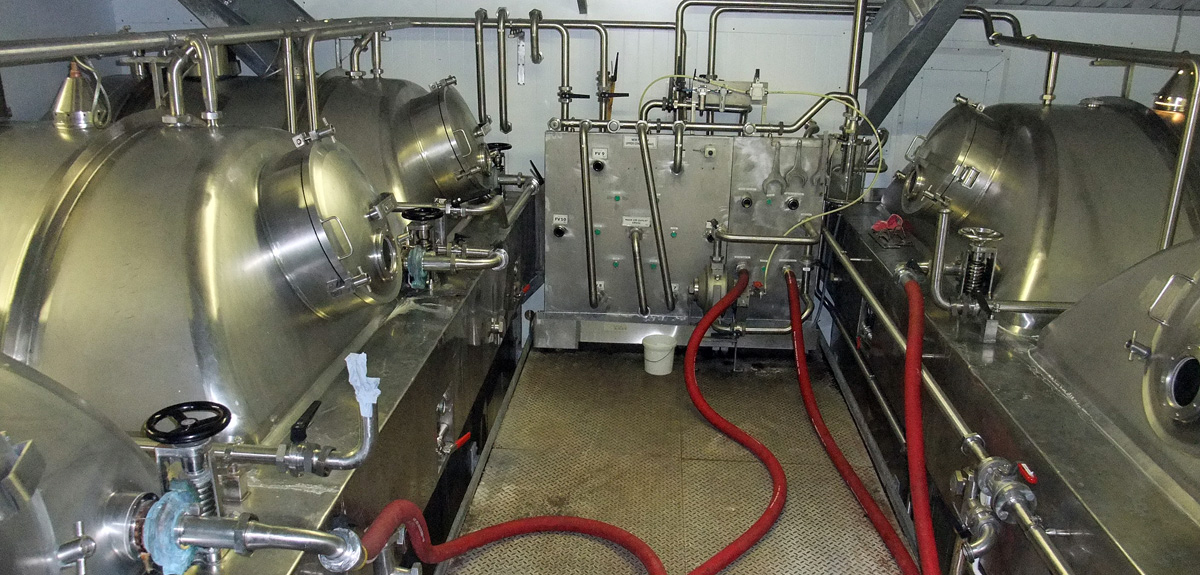

In the 1960s Norwich lost its family operated breweries. This pattern was repeated across the country. In 1960 there were 360 breweries in Britain. Over the following decade 40% of British breweries were closed down and the industry was increasingly dominated by six national combines: Allied Breweries, Bass Charrington, Courage, Scottish & Newcastle, Watney Mann and Whitbread. These firms produced processed keg beers, such as Watney’s Red, in place of traditional local bitter. With the majority of pubs tied to these corporates it became increasingly difficult for drinkers to buy local brews.
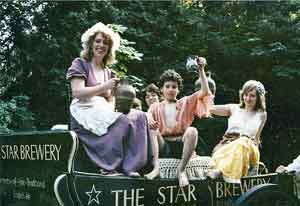
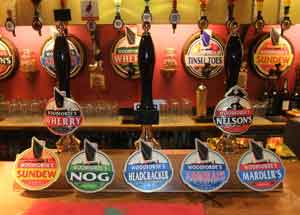
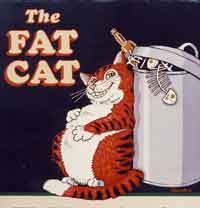
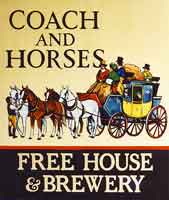
Then in the 1970s a revolt began. In 1971 The Campaign for Real Ale was formed, initially as ‘The Campaign for the Revitalisation of Ale’. In the early days its campaign persuaded the Nationals to reintroduce keg beers, in so doing it not only promoted the popularity of drinking traditional beers but also of making them.
In 1972, when the Selby Brewery opened in Yorkshire, it was remarkable for being the first new independent brewery launched in Britain for 50 years. It was not until 1981 that a new brewery opened in Norfolk, and then, somewhat like waiting for a bus, two arrived together. Firstly, in March of that year Pete Turner, landlord at the Golden Star launched the Star Brewery in empty buildings adjacent to the Golden Star pub. Sadly the star only shone for a short time but Woodforde’s, which opened in April of the same year, still flourishes today
One of the biggest challenges faced by Woodforde’s and other local independent breweries was the fact that 95% of Norwich pubs were owned and tied to Grand Met, which by now had taken over Watneys. Then a major breakthrough came in 1989 when the Beer Orders were introduced.
The Beer Orders had two major thrusts. Firstly they gave landlords of tied houses the right to buy one guest beer from wherever they wanted, which was a major boost for the new local breweries. Woodforde’s alone estimates that as a result of the act sales doubled overnight. Secondly the Orders decreed that no Brewery was allowed to own more than 2000 pubs. This led to the major conglomerates transferring their pub leases across to newly formed umbrella organisations, today known as Pubcos. This move basically changed the dynamic. Previously breweries owned pubs as an outlet for their beers but the majority of Pubcos are property companies who generally assess the pubs by their land value. Sadly this has led to many pubs being closed or demolished but it is not all bad news as other pubs have been sold to small breweries and independent landlords. Thus today if we look at pubs in Norwich they are owned by a huge range of bodies including smaller breweries such as Batemans and Adnams.
Although Woodforde’s is now located at Woodbastwick a number of breweries still operate in Norwich. These include the Chalk Hill Brewery attached to the Coach & Horses on Thorpe Road, which has been trading since 1993, and the Fat Cat Brewery which started brewing in 2005 at the Cidershed on Lawson Road. In 2015 the Bullards' brand was even revived at the Redwell Brewery, located on Bracondale, after they acquired the rights to the name. These are amongst the 40 breweries which now operate across Norfolk. With so much competition local breweries are producing high quality beers.
So I think that we can safely say that Norwich pubs now offer customers a diverse range of beers produced by an equally diverse rang of breweries. There is truly something for everyone. In fact many believe that 'we’ve never had it so good'.